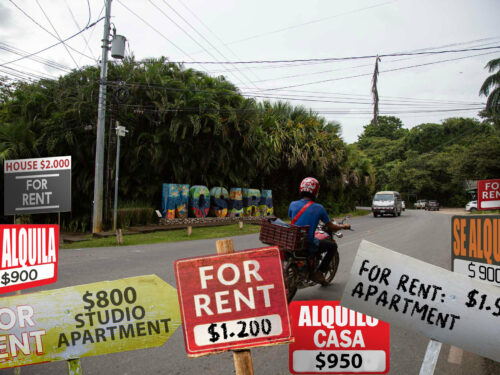As Margaret Mead used to say in every speech, “Never doubt that a small group of thoughtful, committed citizens can change the world; indeed, it’s the only thing that ever has.”
In the very best development scenario for a small Pacific coastal destination, the questions are clear: What do people want? What do elected officials want? What do local families want? What do visitors want? What do expat residents want? What does business want? What do the crooks want? Where are the common threads? Who decides policy? Who plans? Who wins? Who loses?
The issues of environmental sustainability and economic stability are the well-trodden objectives of most regional strategies. But while the social impact of tourism and its ripples through generations are studied by academics and public agencies, they are rarely examined by investors and residents, businesses and visitors.
Approaching problems with water, land misuse, health, education, security, roads and other problems as a single rural region will be difficult but is certainly not impossible. The divisions between local and foreigner, rich and poor, local knowledge and book lernin’, honest and corrupt government can be bridged with transparency and good planning. Everyone who plays, can win, with a measure of good will and trust.
Many old timers here consider this approach naive, although previous efforts tended to be zero-sum, with winners and losers after every battle. But through conflict management, negotiation techniques and patience, non-zero sum solutions can be found.
What are the first steps?
Most people focus on money. Without more of it, solutions are nearly impossible. But if we begin with a will to cooperate, priorities become clear. Without cooperative decision-making, opposition and chaos reigns and only the lawyers win. Yes money matters, but without proper planning, it is usually wasted; good planning draws the support it needs because it solves systemic problems.
And when pride and a need to control interfere with the public good, the result is conflict with no forward progress. “Fine,” some may say. “We like things as they are.” That attitude, unfortunately, does not take into account spiraling land values and the cost of living, a shortage of water to meet the expectations of both residents and visitors, and the looming disaster that ensues with inadequate land use regulation and enforcement.
Any growth pole on the planet without land use regulations and effective enforcement ends in failure, usually sooner rather than later. While the Nicoya municipality has the responsibility, they are usually unable or unable to effectively enforce the law. We cannot simply wait for them to act. A small group of thoughtful, committed citizens must do it and we must do it now.







Comentarios